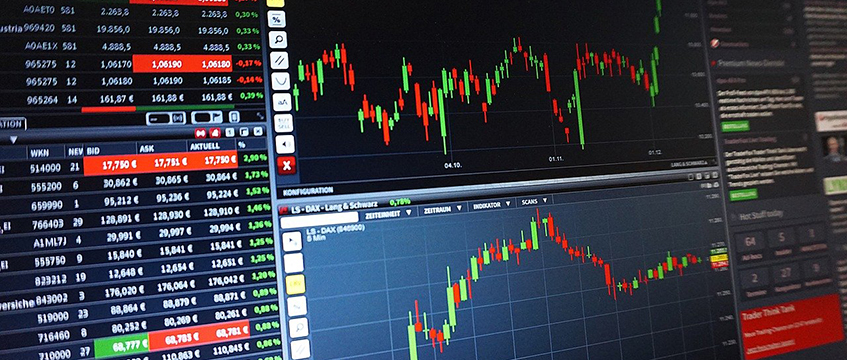EPRA sees ‘positive driver’ for real estate once inflation peaks
The impact of inflation should act as a “positive driver” for Europe’s listed real estate market as it reduces from its peak over the coming months, says the team at the European Public Real Estate Association.
In a new paper, the association analysed the impact that inflation has traditionally had on listed property companies in the UK, eurozone, Sweden and Switzerland, highlighting the UK as having the most volatile inflation and Switzerland the most stable.
EPRA noted that headline inflation in the eurozone is expected to decrease during the second half of this year, having peaked in January, and that the Bank of England expects UK inflation to peak at 7.25% in April and then to decrease.
The impact of inflation should act as a “positive driver” for Europe’s listed real estate market as it reduces from its peak over the coming months, says the team at the European Public Real Estate Association.
In a new paper, the association analysed the impact that inflation has traditionally had on listed property companies in the UK, eurozone, Sweden and Switzerland, highlighting the UK as having the most volatile inflation and Switzerland the most stable.
EPRA noted that headline inflation in the eurozone is expected to decrease during the second half of this year, having peaked in January, and that the Bank of England expects UK inflation to peak at 7.25% in April and then to decrease.
“There is a consensus we are witnessing a transitory surge in prices as the global economy ‘normalises’ and higher prices linked to supply shortages will reverse over time,” the report said. “Due to the large uncertainty around the pandemic, the recovery might be patchy; it may take longer to repair the disruptions to supply chains, while energy prices may also continue to rise due to the green transition. However, inflation expectations are projected to remain within the target rate over the medium to long-term.”
The correlation between inflation and corporate earnings was more pronounced between 2006 and 2012 than between 2013 and 2021, EPRA said, and the correlation notably turned negative in the UK during the latter period due to the combined impact of Brexit, currency volatility and the Covid-19 pandemic.
In terms of dividends, returns have been above the rate for inflation in the UK for most of the past 17 years, but not in 2007, 2008, 2011 and 2021. On average across Europe, dividend returns have been 2.47% higher than annual inflation.
Based on total returns from real estate shares under different inflation cycles, EPRA pointed to a “strong performance” compared to other asset classes during the past 32 years in the UK, with a similar or higher return than general equities in periods of low or moderate inflation. However, in periods of high inflation, real estate underperformed general equities and bonds.
“Current inflation levels are not directly associated with strong demand pressures but are mainly attributed to several supply disruptions around the world that have driven up the prices of several commodities like oil, gas, metals and fertilisers, pushing up inflation in many European countries,” the report said.
“At the same time, inflation excluding energy prices remains, in most of the cases, aligned with central banks’ targets… Therefore, we are likely to see a moderate inflation cycle in 2022 and 2023 that should represent a positive driver for the corporate profits and returns of the listed real estate industry in Europe.”
To send feedback, e-mail tim.burke@eg.co.uk or tweet @_tim_burke or @EGPropertyNews











